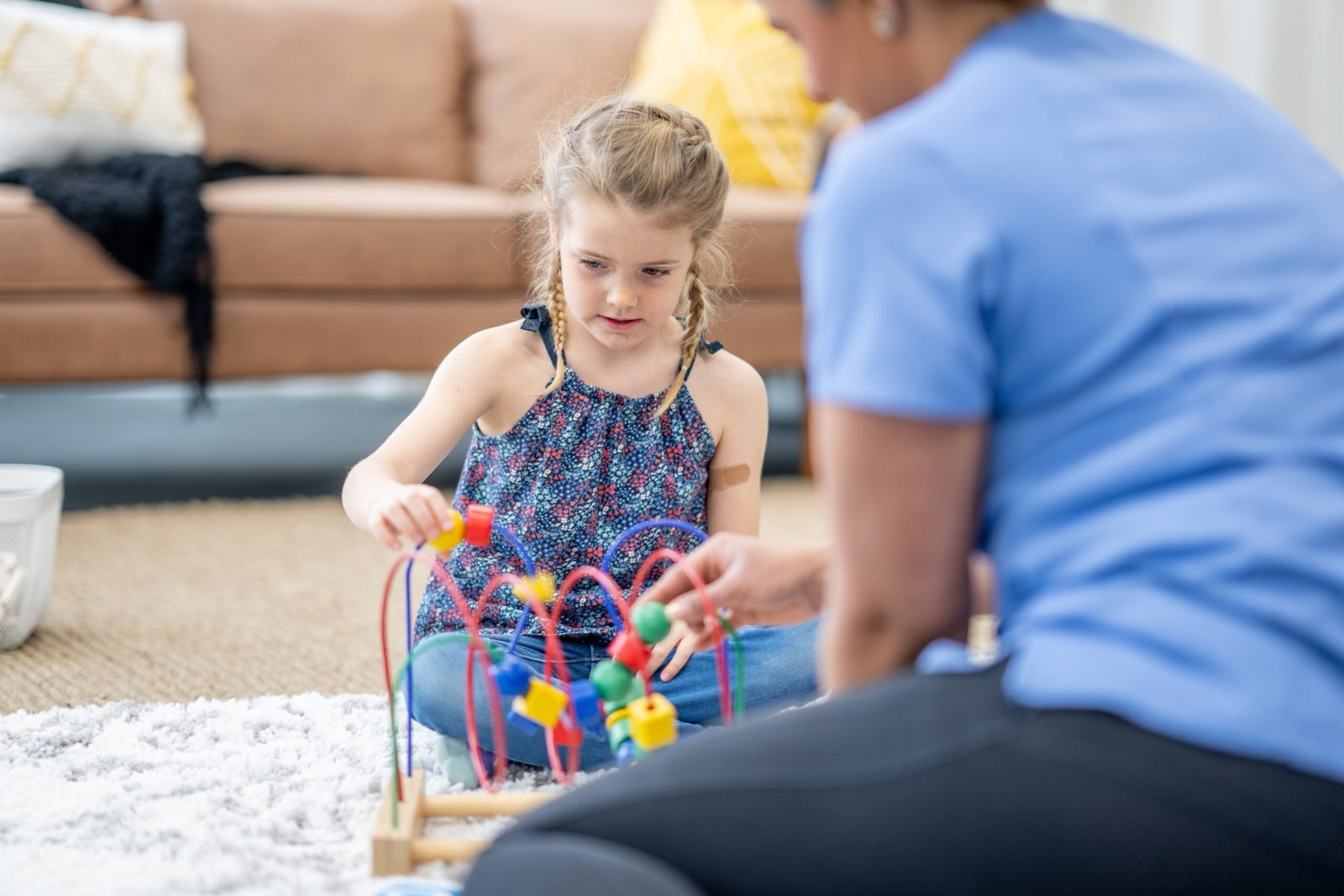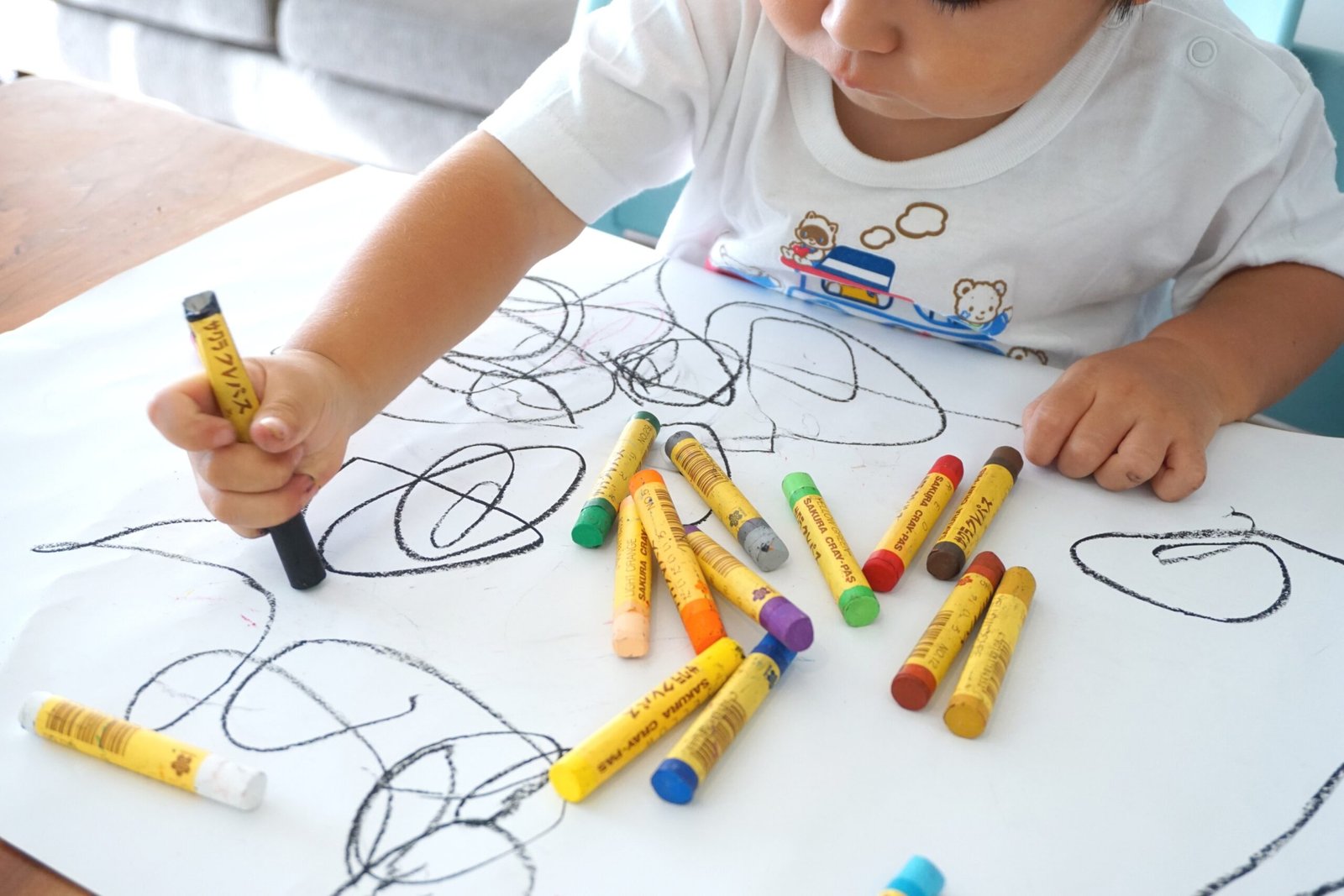
From Overwhelmed to Informed: A No-Stress Guide to OT Assessments
Why Start with an OT Assessment?
Think of the OT assessment as the launchpad for your child’s therapy journey.
It’s where your OT gets to know your child’s strengths and challenges — and where you can share your concerns and goals.

An OT assessment helps answer questions like:
What’s really going on?
How can we help my child feel more confident and capable?
What’s the best path forward for us as a family?
What Happens During the First Session?
A typical OT assessment lasts about 60–90 minutes and usually includes:
Warm Welcome & Chat – Your therapist will start with a friendly conversation to learn about your child, your family’s daily routines, and any concerns you want to discuss.
Developmental & Sensory History –They’ll ask questions about things like how your child plays, eats, sleeps, and handles daily tasks (like dressing or brushing teeth).
Play-Based Observation – Your OT will observe your child during play and everyday activities to see how they move, coordinate, focus, and respond to sensory input.
Gentle, Child-Friendly Assessments – Depending on your child’s needs, the OT might use simple tools to look at:
Fine motor skills (like drawing or cutting),
Gross motor skills (like jumping or balancing)
Sensory processing (how your child responds to sounds, textures, etc.)
Social and emotional regulation

🗣️ Goal-Setting Together
At the end, you’ll talk together about what the OT noticed and how therapy could help.
You’ll leave with a clearer picture of what’s next ~ and a sense of relief that you’re in the right hands.
Typical Costs in Australia (and Ways to Get Support)
Cost Range : An initial OT assessment in New South Wales starts at $500 while sessions usually cost $193.99 per hour (45mins therapy and 15 minutes report writing).
Funding & Rebates
- NDIS (National Disability Insurance Scheme) : For kids with developmental delays or disabilities, NDIS can fully fund assessments and ongoing therapy.
- Medicare Rebates : GP referral for an Enhanced Primary Care (EPC) plan can provide rebates for up to 5 allied health sessions/year.
- Private Health Insurance : Many private plans offer rebates for OT services
Most clinics (like ours at Pouch Therapy!🦘) are happy to help you understand these options and find the best support for your family.
How to Prepare for a Smooth 1st Session
- Bring any previous reports — from teachers, doctors, or other therapists.
- Dress your child in comfy clothes — they’ll be moving, playing, and exploring!
- Talk with your child about what to expect — framing it as a fun “play session” can ease any jitters.
- Be open about your hopes and worries — the more your OT understands, the better they can support you.
Starting OT can feel like a big leap, but remember: the assessment isn’t about tests and scores. It’s about listening to your child’s story and building a plan together — one that helps them grow, connect, and thrive.
You’re not alone on this journey, and that first session could be the start of real, positive change.
–
Need help getting started? The Pouch Therapy team is here to support you!
Book a free discovery chat and see how we can help you and your child move forward together.
Joey-fully,
The Pouch Therapy Team




Leave a Reply